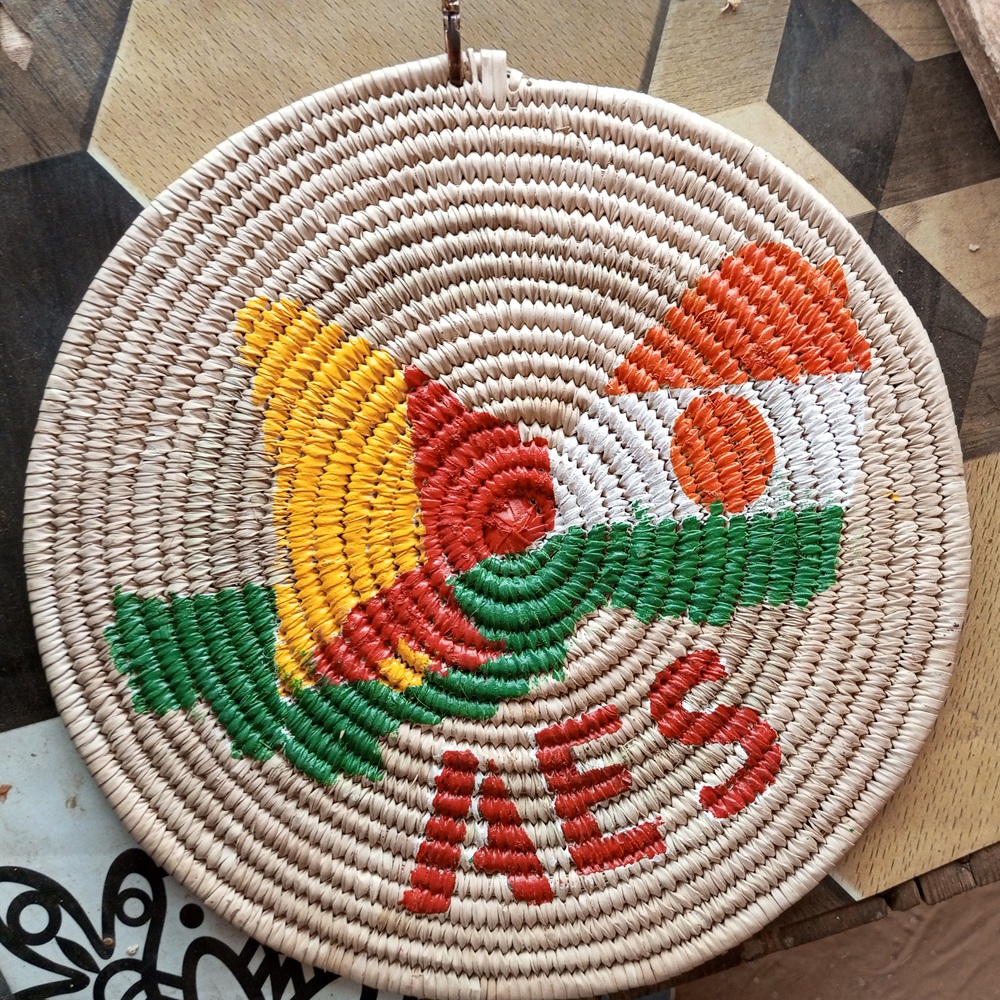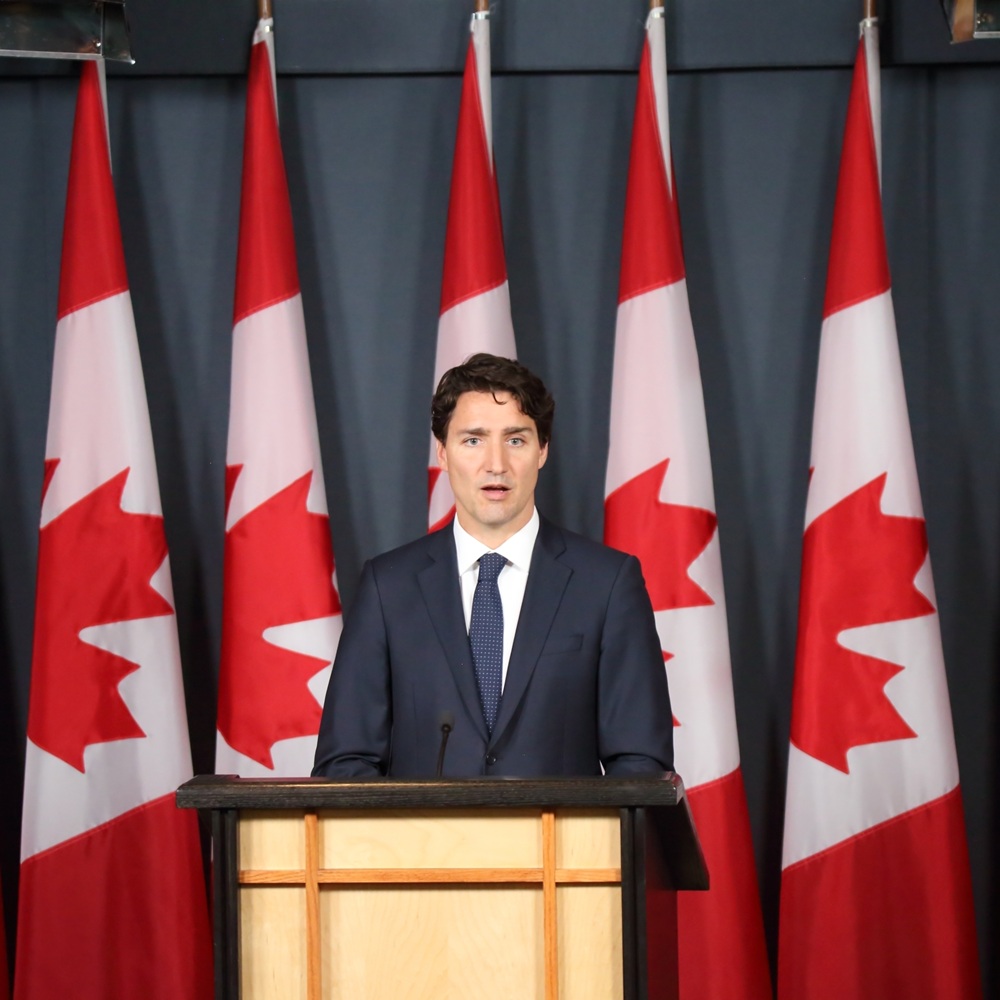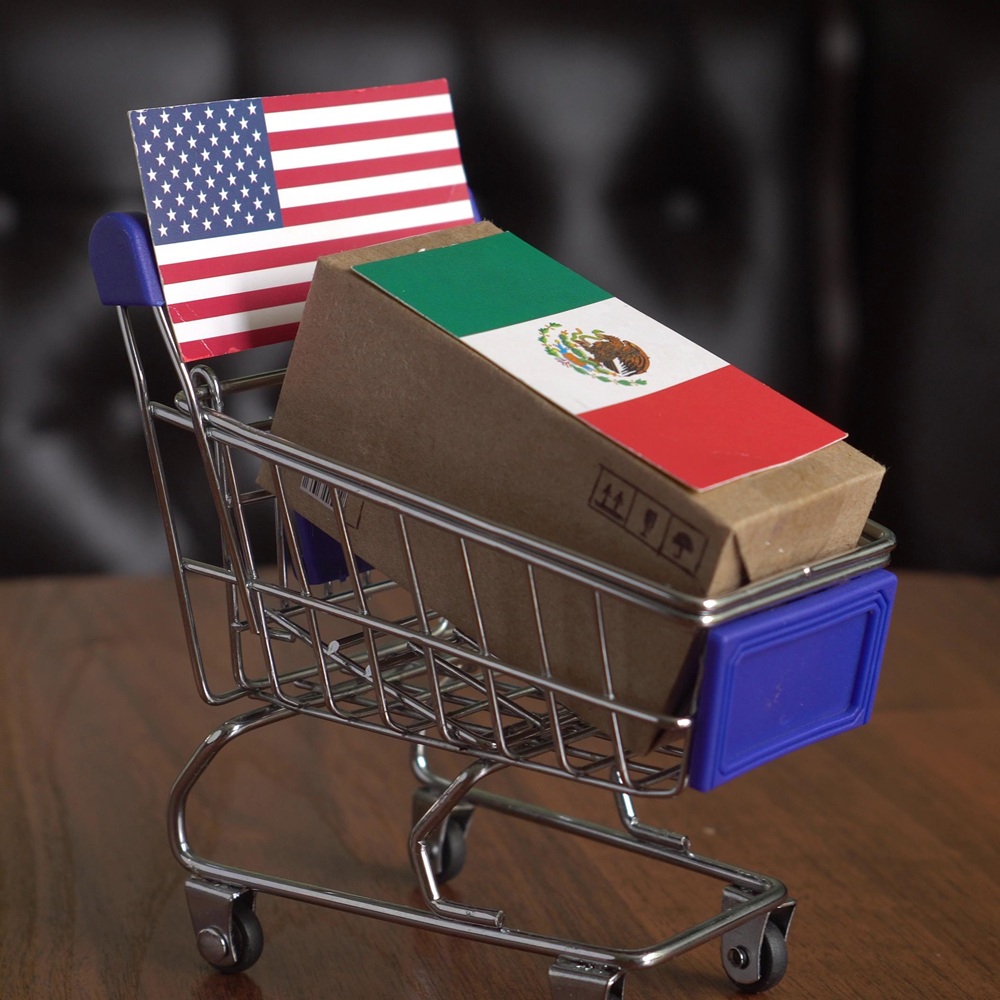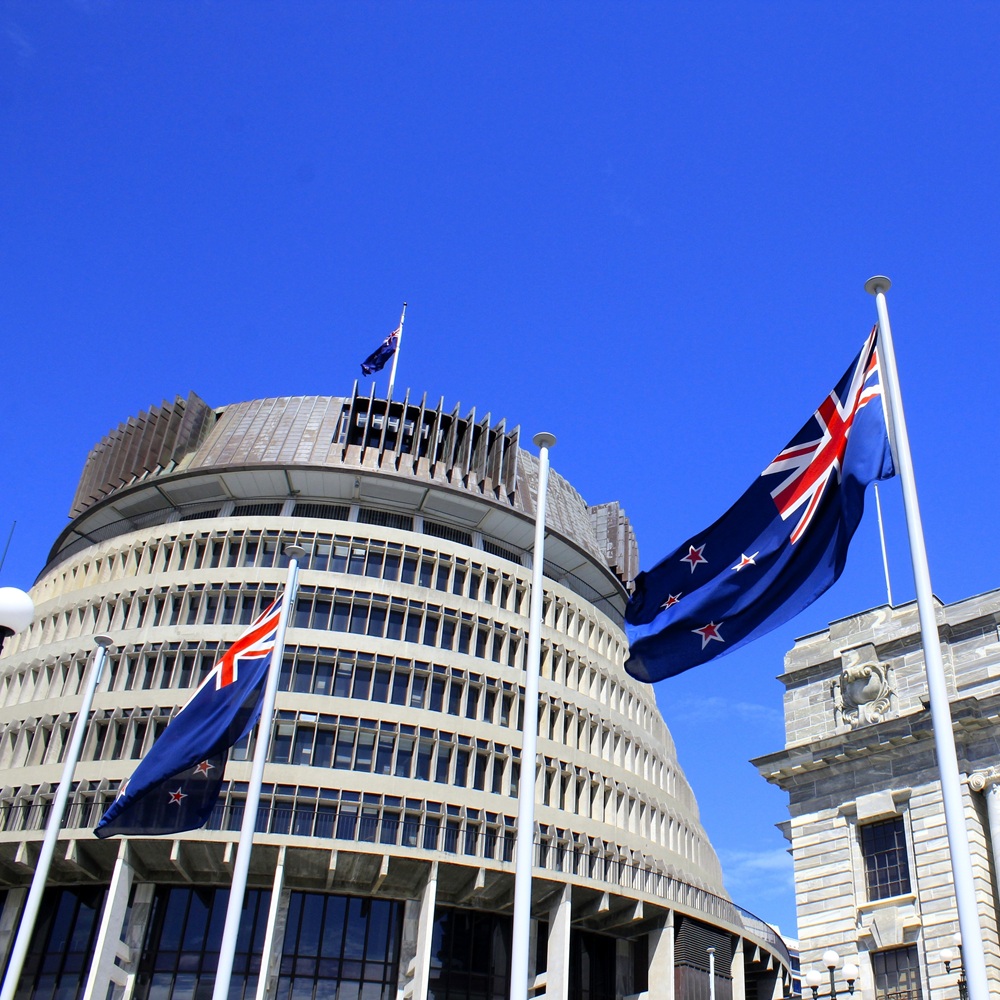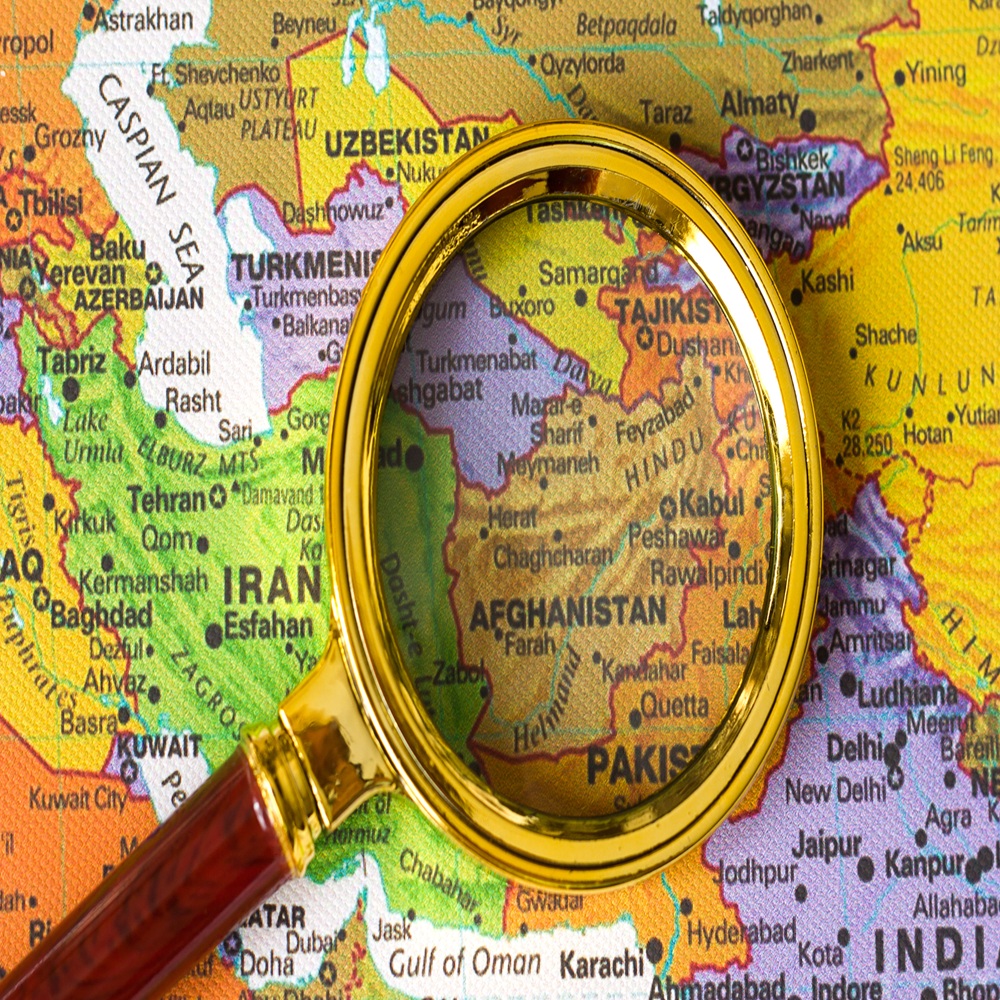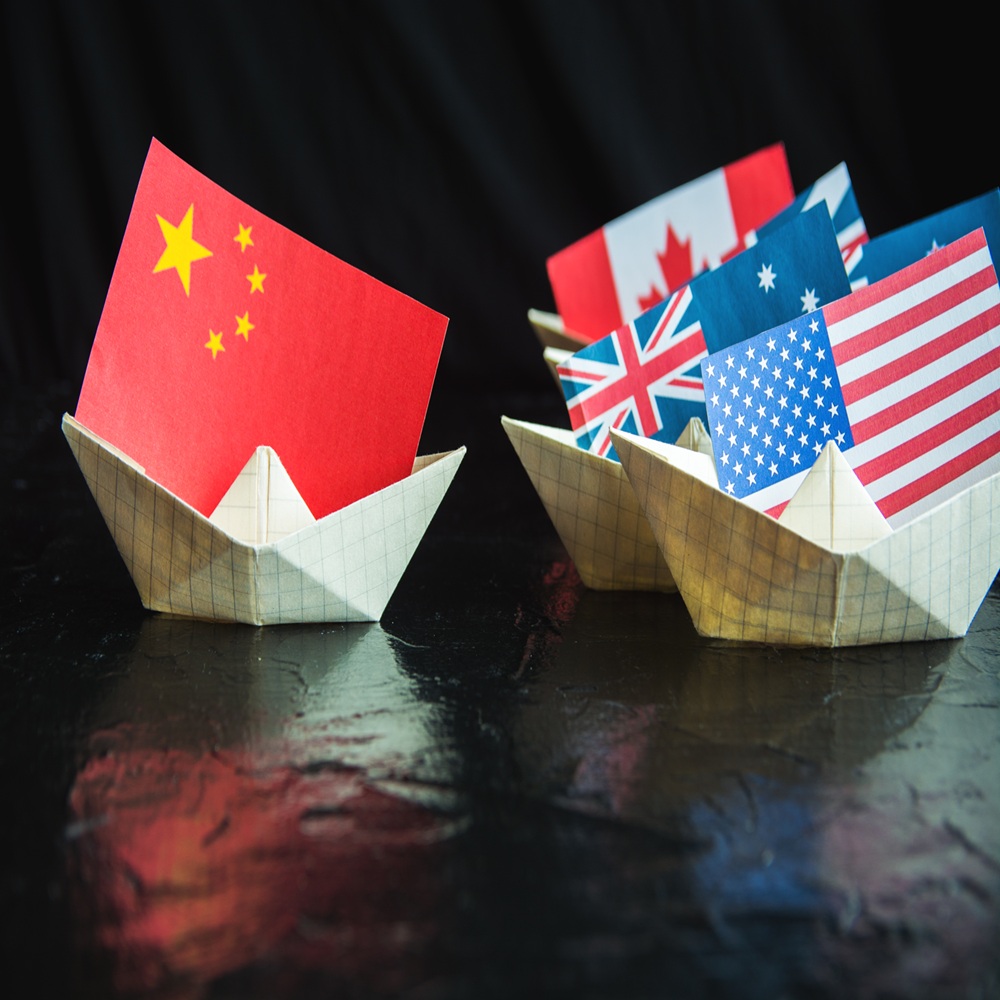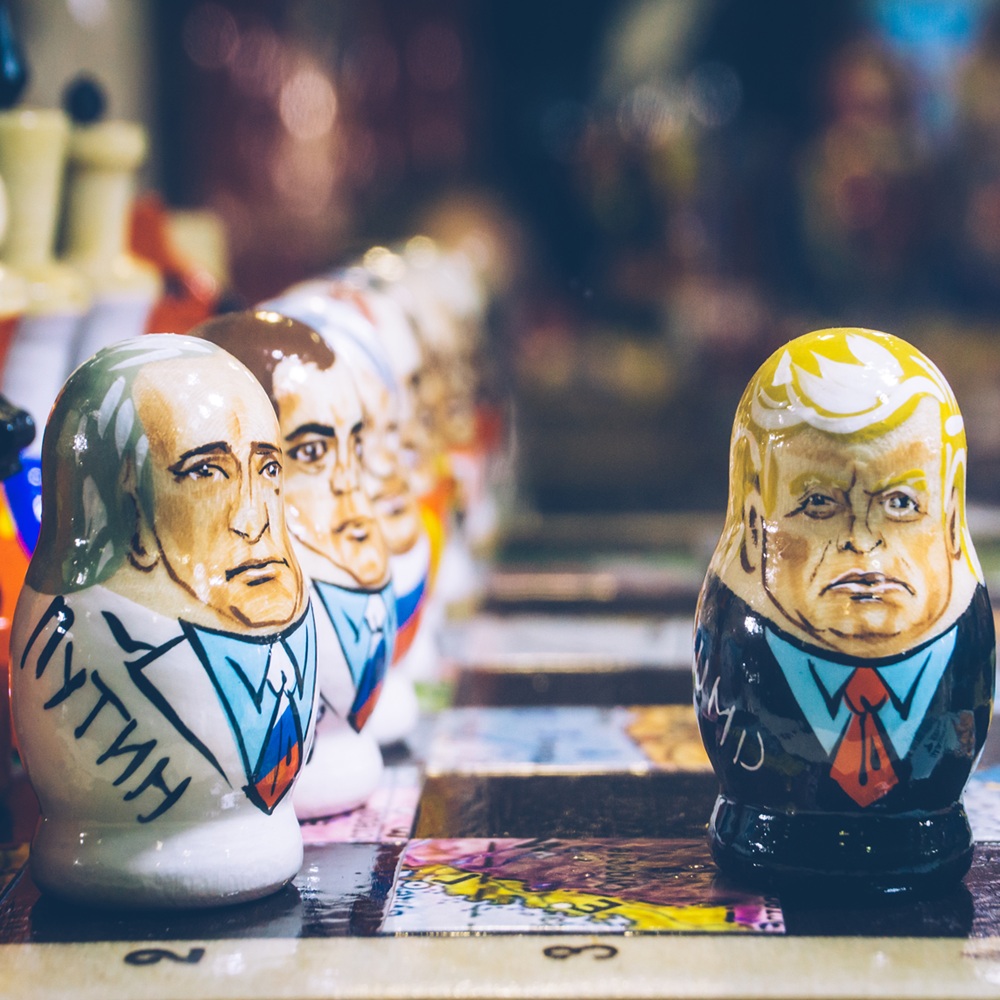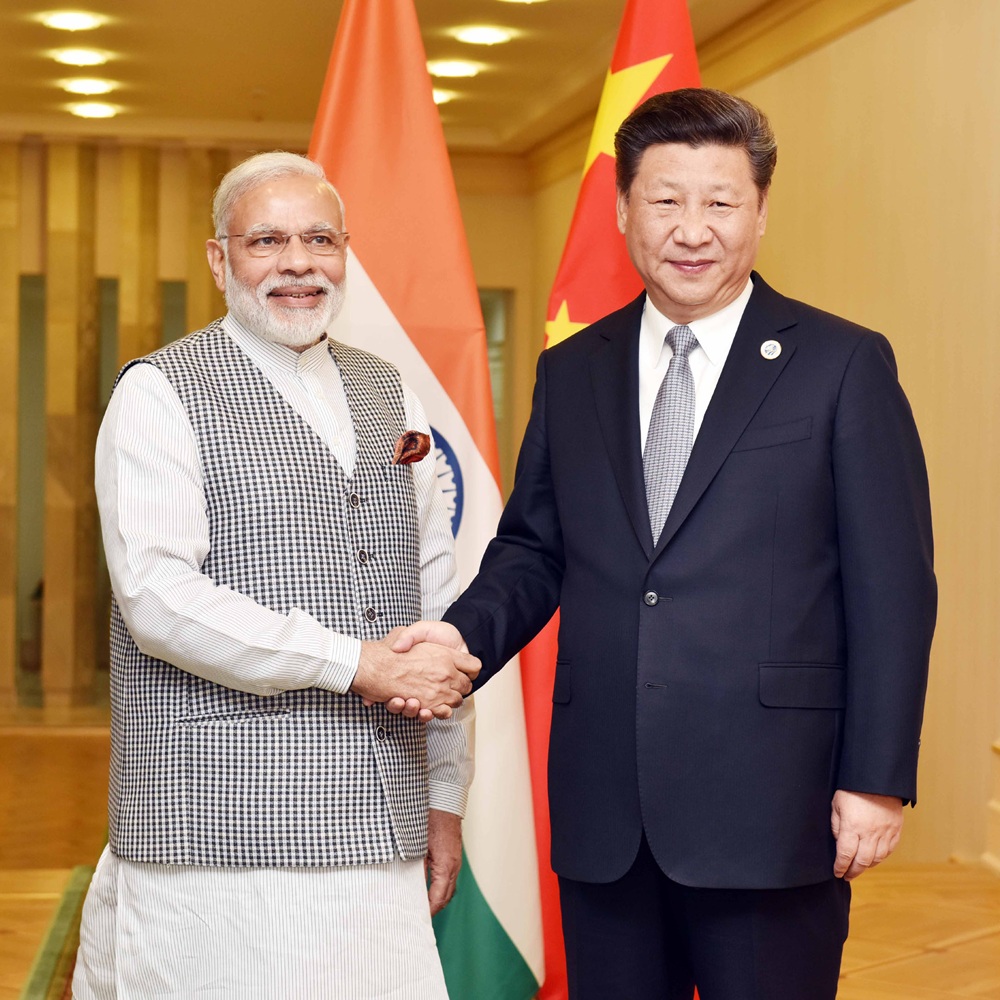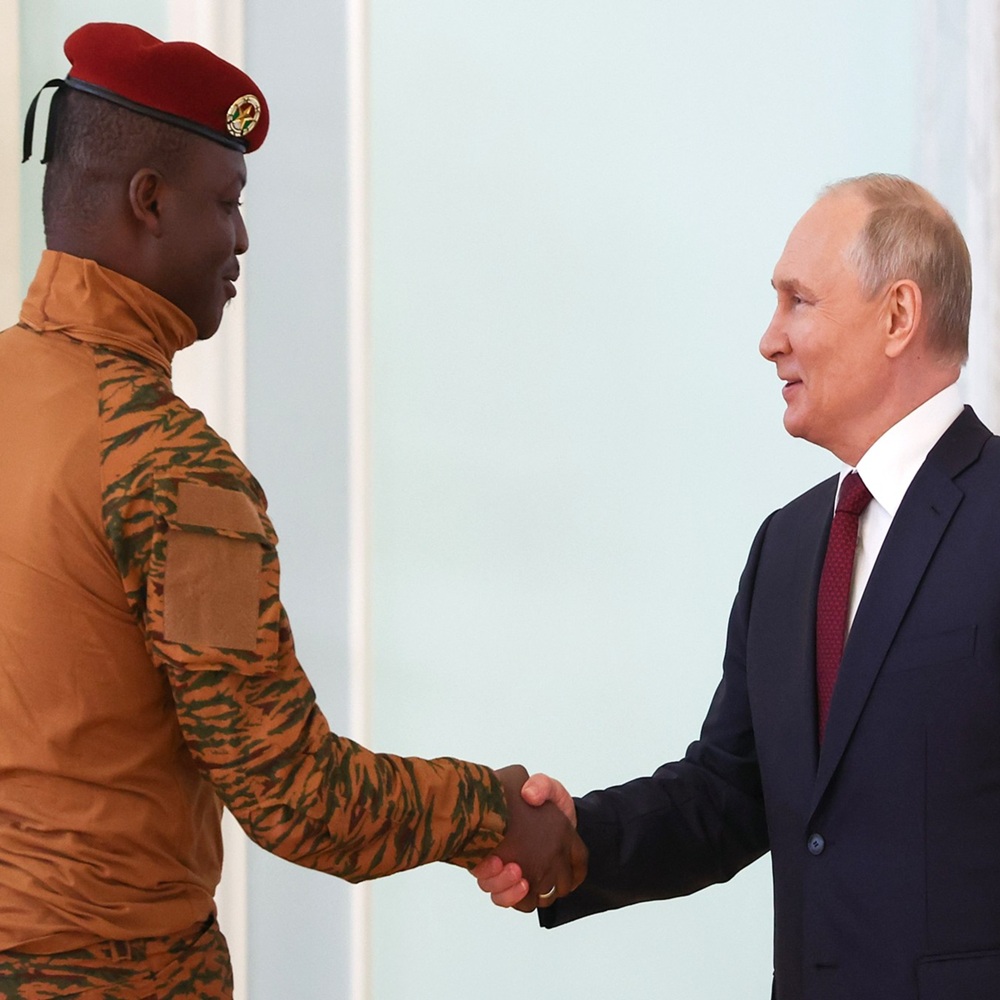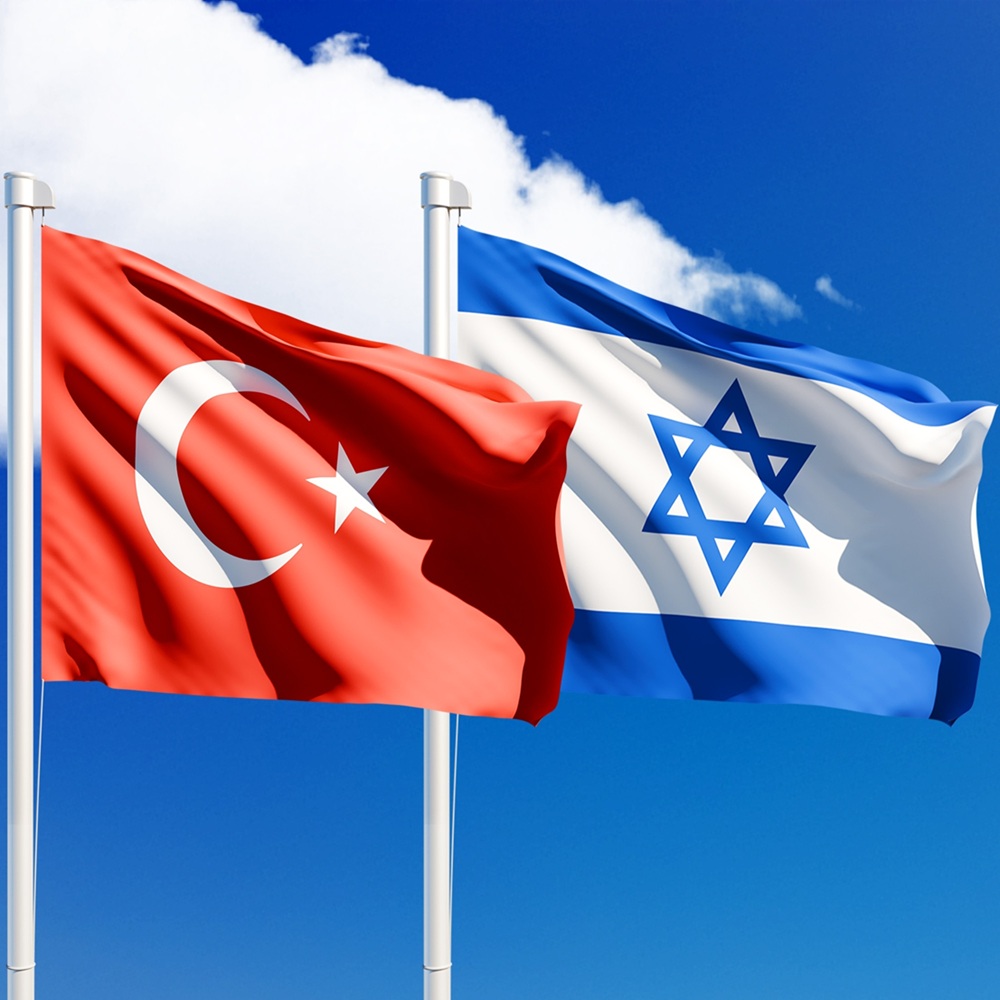China's Role in the Gaza Conflict: Global South Leadership and U.S. Rivalry
by Nadia Helmy
Leer en español
In Deutsch lesen
Gap
اقرأ بالعربية
Lire en français
Читать на русском
Through its recent official and popular position towards the Gaza war, China seeks to define its position as a leader and defender of the so-called “global south” to pass the policy of transformation towards a multipolar international world in the face of the United States of America and its allies in the West. China seizes the opportunity to express the urgent need to reshape the global system led by the West under the leadership of Washington. Here, both Moscow and Beijing see Israel's war on the Gaza Strip as having led to directing Western military support efforts from Ukraine in the face of Russia, Beijing's close ally, to Israel, while China views the war from the perspective of its confrontation with America. As China attempts to express global and popular public opinion on the Israeli-Palestinian conflict, as part of a much broader Chinese strategy aimed at winning the support of the countries of the Global South to its side. Both Russia and China are working to benefit from the war in Gaza, by strengthening their roles as supporters of the countries of the Global South, and demonstrating the failure and bias of the United States and the international system led by Washington in dealing with the grievances of that large bloc of countries in the world in the South. This also serves to realize Chinese President Xi Jinping’s vision of Chinese leadership of the Global South, which includes the majority of Arab countries and Palestine, which enhances Beijing’s efforts to confront Washington and its Western allies and reshape the international system in its favor. China has exploited anti-Israel sentiments globally and at home, in an attempt to strengthen its position within the framework of the Global South. In its strenuous efforts to express world public opinion and the feelings of peoples, China is pursuing many and varied plans to support the issues of the developing global south, most notably the Palestinian cause, and to expose what China considers to be American double standards in dealing with the Palestinians compared to Israel. China's assumption of the presidency of the UN Security Council in November 2023 comes immediately after Operation “Al-Aqsa Flood” or the Gaza War in October 2023, succeeding Brazil, coinciding with the escalation of brutal Israeli military operations in Gaza. For this reason, China has risked angering Israel, as it sees broader stakes in the current conflict that go beyond the Palestinian-Israeli issue. Beijing sees the crisis as an opportunity to distinguish its position from the pro-Israel West and to enhance its reputation in the global south, many of whose countries strongly sympathize with the Palestinian cause, which serves China's image. To this end, China has used a tough diplomatic rhetoric against Israeli crimes in the Gaza Strip, and has condemned the US position, especially the obstacles created by the US by voting against a series of Chinese and Russian ceasefire resolutions in the UN Security Council. In addition, China has supported various decisions of the International Court of Justice and the International Criminal Court to condemn Israel and arrest its Prime Minister “Benjamin Netanyahu”. China used its veto power against a draft resolution proposed by the United States of America on October 15, 2023, which did not include a call for an immediate ceasefire, or a permanent humanitarian truce for the entry of humanitarian aid into the Gaza Strip. The Chinese Permanent Representative to the United Nations, "Chang Jun” justified his country's opposition to the American draft resolution, because it includes many elements that divide rather than unite, and goes beyond the humanitarian dimension, and is unbalanced and mixes right and wrong, and does not reflect a strong call for a ceasefire and an end to the violence. The Chinese Permanent Representative to the United Nations “Jun” considered that the ceasefire is not just a diplomatic phrase, but means life and death for many civilians, which Washington did not understand, according to him. China also participated in the (Cairo Peace Summit 2023), which was held on October 21, 2023 in the New Administrative Capital, with China's call during the summit to stop the war in Gaza. China's motivation for taking an interest in the Palestinian issue after the recent Gaza war may be more related to its competition with the United States and the image that China wants to project domestically and even internationally in light of its new position as a major global power. China wants to be seen as a wise and responsible superpower interested in mediation and peacebuilding. It is also likely that Beijing seeks to present an alternative viewpoint to the United States' perspective on peace to the world order, especially in the global South, where most countries in the region support the Palestinians. Beijing has already come a long way in the Israeli-Palestinian conflict, from its active support for Palestinian factions recently to their invitation to China after the recent Gaza war to complete the Palestinian reconciliation process between all the warring Palestinian factions with Chinese support. Since the beginning of the war in the Gaza Strip, Chinese positions and statements by officials in Beijing have carried a degree of escalation in tone towards Israel’s behavior. Beijing criticized the comprehensive Israeli bombing of civilians, condemned violations of international law, called for the implementation of the two-state solution, and called for the establishment of a humanitarian corridor to allow aid to enter the besieged Gaza Strip. Chinese Foreign Minister “Wang Yi” went further, describing the Israeli bombing of civilians in Gaza as actions that go beyond the scope of self-defense. Chinese state media have also been highly critical of Israel, and in most of their reports have cited Iranian media, with the Chinese emphasis that: “the illegal use of white phosphorus bombs by the Israeli army against Palestinian civilians exposes it to international accountability”. Chinese state media have also blamed the United States, Israel’s strongest supporter, and have been explicitly accused in Beijing, for fueling tensions in the region. China has also angered Israel by refusing to join the United States and other countries in designating Hamas as a terrorist organization, describing it instead as a Palestinian resistance movement. In late October 2024, immediately after the Gaza war, the China Daily, a Chinese propaganda outlet, declared that: “the United States is on the wrong side of history in Gaza”. Elsewhere, Chinese state television reported that Jews represent 3 percent of the United States’ population but control more than 70 percent of its wealth. With all official and popular Chinese media keen to repeat the narratives that dominate the popular discourse in the Global South. This repetition is in line with the majority opinion in some countries of the South, and it allows China to present itself as an alternative to the image of the United States of America as a warmonger, hegemonic, hypocritical and unjust. In July 2024, Hamas, Fatah and other Palestinian factions signed a preliminary agreement in the Chinese capital, Beijing, to form a transitional government for national reconciliation, with the aim of managing Gaza after the end of the war. The same group met in the Russian capital, Moscow, in February 2024, seeking to reach a similar agreement. At the same time, China was able to bring the Palestinian Fatah and Hamas movements together at the negotiating table in Beijing in two sessions of the National Dialogue during the months of April and June 2024, in a move that reflects China’s desire to interact with the Palestinian issue in a positive way. Chinese official media is trying to support its position before Chinese public opinion at home and their sympathy for the people of Gaza, by emphasizing China's official discourse, which seeks to confirm that Beijing has made proposals to stop the war on Gaza, brought together the Palestinian movements Hamas and Fatah inside China, and called on the UN Security Council to calm the conflict. China also seized the opportunity of its meetings with Arab and Gulf foreign ministers to reaffirm the multiple peace plans it had previously proposed in favor of resolving the Palestinian issue. With the Chinese envoy to the Middle East “Zhai Jun” , confirming, with Palestinian and Arab officials, China's immediate call for an immediate ceasefire and providing humanitarian support to the Palestinian people. As for the most prominent Chinese academic and research analyses of the Gaza war, Chinese Professor “Yan Shutong”, Dean of the Institute of International Relations at China's Xinhua University, described the matter as: “The Israel-Gaza war will reduce the global political influence of the United States. This has become very clear, because even its allies will have to distance themselves from it on this issue, and with the undermining of the United States' strategic relations with other major powers, the strategic balance between China and the United States will shift in China's favor”. Professor “Wang Yiwei”, a professor of international relations at Renmin University in Beijing, also said: “China is now in a better position than the United States to help resolve conflicts, whether between Saudi Arabia and Iran, Russia and Ukraine, or Israel and the Palestinians”. In this context, Professor Shi Yinhong, a professor of international relations at Renmin University of China, asserts that: “Beijing’s policy in the Middle East has been paralyzed by the conflict, given that the United States, which strongly supports Israel, is involved in this crisis, whether directly or indirectly. Who would listen to China?”. A report by the (international human rights organization Freedom House) described a wave of anti-Semitic sentiments on the Chinese Internet and Chinese media, especially popular ones related to Chinese social media, such as: the widely-used Chinese WeChat program, Weibo, QQ, and others. The Freedom House report confirmed that: “With regard to the Israeli-Palestinian conflict, the Chinese government has long promoted a narrative that places the blame squarely on Israel”. In light of the growing global and internal Chinese popular sympathy for the Palestinians, and the unprecedented spread of its manifestations within Chinese society via Chinese social media, and the holding of limited demonstrations in light of China’s sensitive internal policy towards popular demonstrations, decision-makers in Beijing find themselves facing a challenge to maintain a balanced position between the crimes committed by Israel against civilians in the Gaza Strip, and the position of the Palestinians in the Strip. As an expert in Chinese politics and the policies of the ruling Communist Party in China, and constantly informed of all reports of Chinese think tanks and research centers, especially those related to the Middle East, it is noted that a number of Chinese analyses adopt a trend, vision, and perhaps another theory or school for the war in Gaza, namely the “theory of war between wars”, which later became clear to a large extent to be correct, meaning: that the war that was limited to the Palestinian Hamas movement and Israel, and Israel's practices in the West Bank and Gaza Strip, will expand to include a conflict between Israel and Iran, but through its agents in the region, which means waging wars on different fronts at the same time, namely the war of Israel against Hamas, targeting Palestinian resistance elements in the West Bank, confronting Hezbollah on the southern Lebanese front, confronting the threats of the Houthi militia in Yemen, fighting the Shiite militias in Syria and Iraq, and waging confrontations against Iran, which leads the axis of resistance. To this end, China seized the opportunity of the 10th China-Arab Cooperation Forum, to be held on May 30, 2024, with the participation of Chinese President “Xi Jinping” and a number of Arab leaders, most notably Egyptian President “Abdel Fattah El-Sisi”, to reflect the common desire to discuss aspects of China-Arab relations and ways to enhance them, deepen consensus between China and Arab countries, raise questions about the position of Gaza in China-Arab discussions, the limits of China's role in helping to stop the Israeli aggression on Gaza, and support the return to the path of political settlement between the Palestinian and Israeli sides, leading to the two-state solution supported by major powers, most notably China. Here, the Arab Summit, which was held in the Bahraini capital, Manama, on May 16, 2024, adopted the necessity of calling for an international peace conference that would contribute to restoring the negotiating track. This call intersects with the Chinese President Xi Jinping’s call to hold an international peace conference during the Arab-Chinese Cooperation Forum, where he stressed in his speech before the forum on May 30, 2024, that Beijing wants to strengthen its relations with Arab countries to be a model for global stability, calling for an international peace conference aimed at ending the war between Israel and Hamas, noting that Beijing is ready to work with Arab countries to resolve issues related to hot spots in ways that support the principles of fairness and justice and achieve peace and stability in the long term. Xi Jinping stressed that war cannot continue indefinitely, justice cannot remain absent forever, and the two-state solution cannot be arbitrarily overthrown. Based on the previous analysis, we reach the conclusion that the Chinese trend towards interacting with the Middle East issues and the recent Gaza war represents one of the pillars of the escalation of the Chinese role at the global level and among the developing countries of the Global South led by China. This trend coincided with the vision of the United States of America to limit its ties to the interactions of the Middle East, due to its high cost and to move eastward to confront the growing Chinese influence in Asia.
